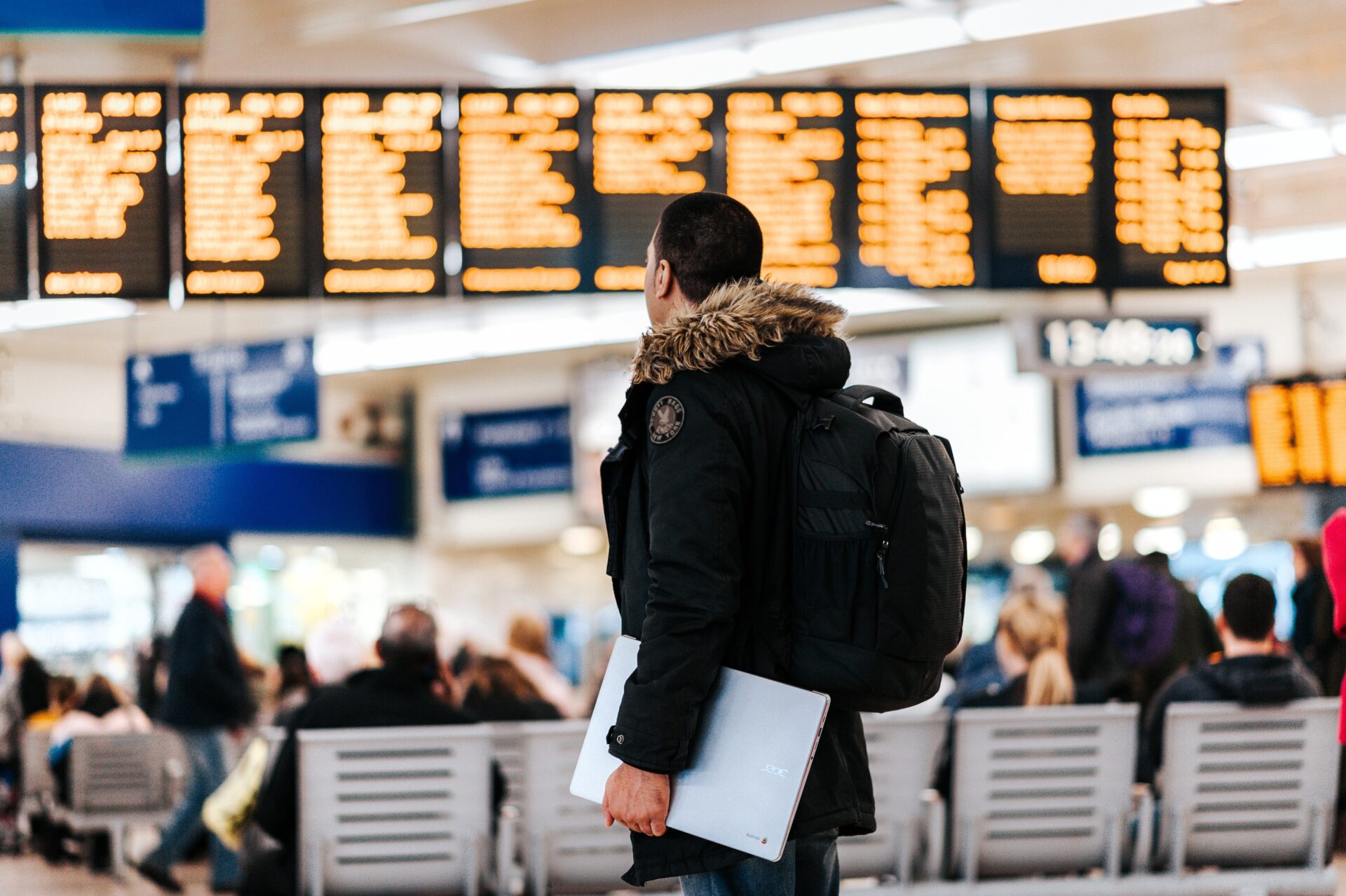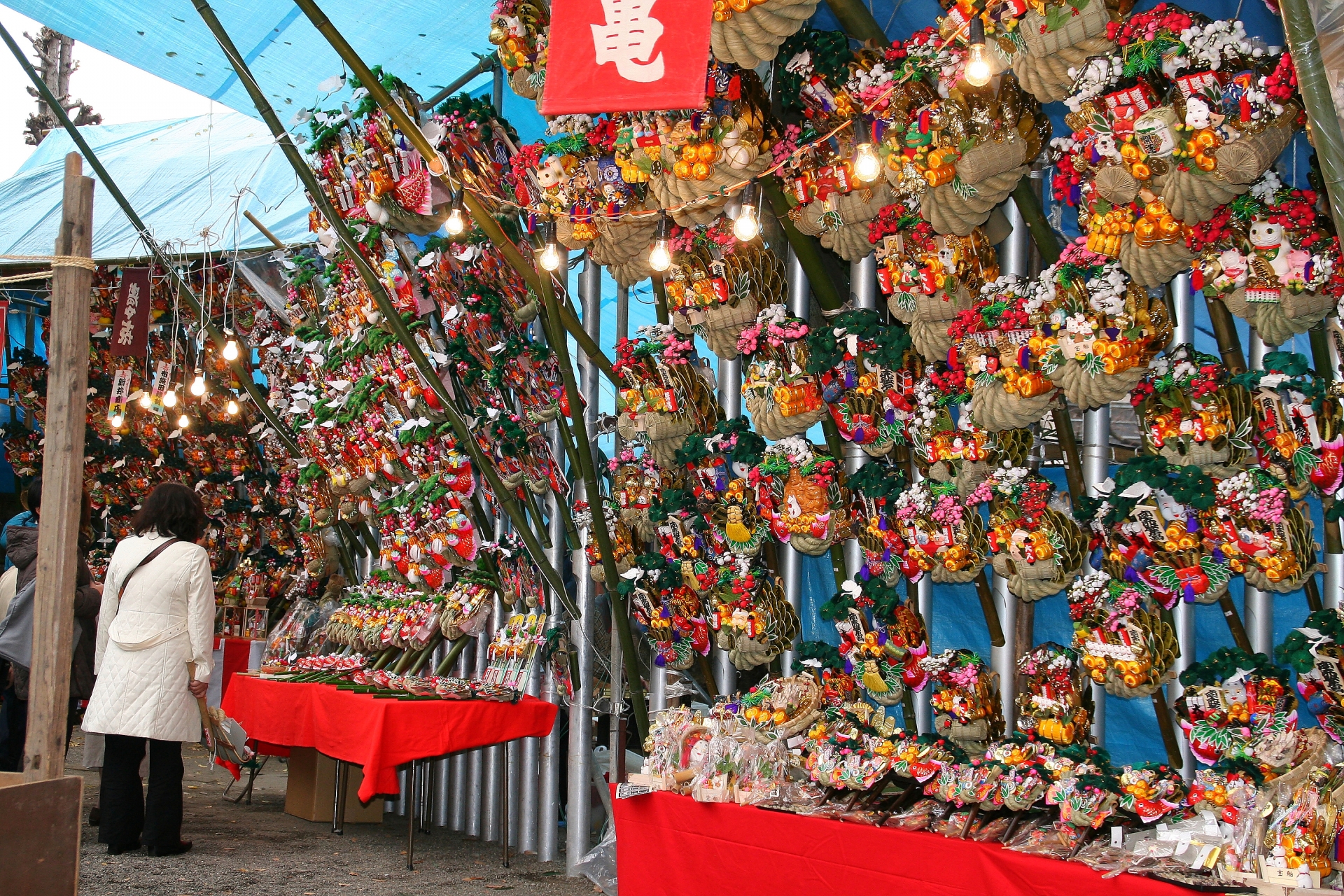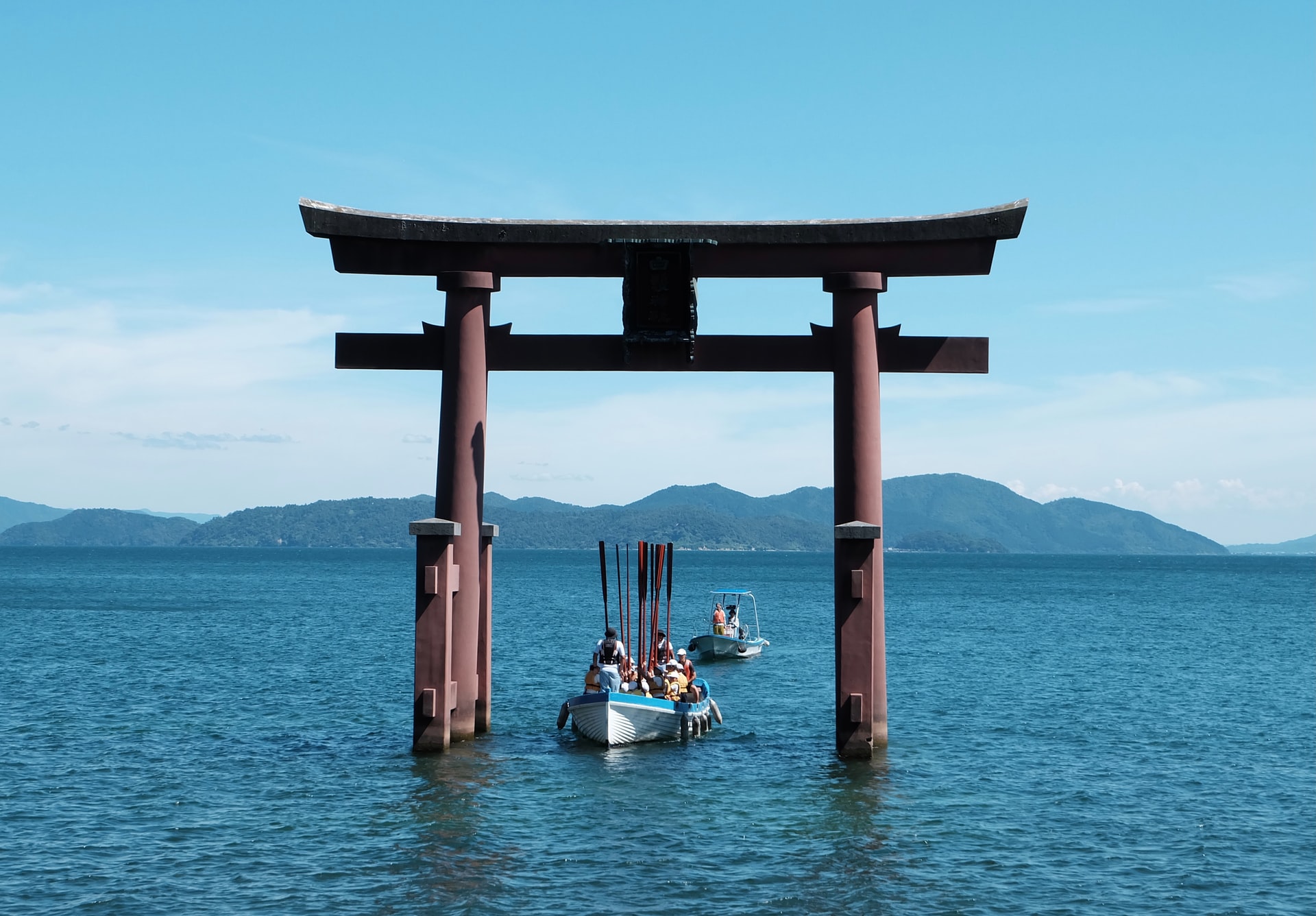It’s a dream for many to be able to move to Japan and live there for an extended period of time, or even for the rest of their lives. Whether it will be a longer or shorter stay, the experience of living in Japan will surely enrich you and you will create many memories in the Land of the Rising Sun that will stay with you forever. Emigration is a very big step, and the process can be difficult, on the business side of things as well as mentally. But if you prepare well and know what to expect before you move, the start of your life in Japan will be a lot easier. Here, we will share some important things to know before moving to Japan that will help you on your way to a better start of your life in Japan.
- Overview of Japan
- Understand the Different Japan Visa
- When is the Best Time to Move to Japan?
- Finding a New Home
- Plan the Must-Dos for your First Days in Japan
- Understand the School Systems in Japan
- Plan Ahead for Japanese Holidays
- Learn Some Japanese
- Get to Know the Prefectures
- Learn about Natural Hazards
- Meet Online Friends in Japan
- Learn about Japan before Coming
- After Arriving in Japan
- Other articles you might enjoy
Overview of Japan
Japan is also known as Nihon or Nippon (日本) in Japanese.
Around 2.8 million expats live in Japan, and over 540,000 of them are living in Tokyo as of 2021 according to Immigration Services Agency of Japan. The top cities where expats live in Japan are Tokyo, Aichi, Osaka, Kanagawa and Saitama. Chinese population is the highest of all, and the top 10 countries where the expats come from are China, Vietnam, Korea, Philippines, Brazil, Nepal, Indonesia, the U.S., Taiwan and Thailand.
| Population | 125,502,000 (2021) |
| Language | Japanese |
| Capital | Tokyo |
| Major cities | Sapporo, Tokyo, Osaka, Nagoya, Fukuoka |
| Currency | Japanese yen (JPY/¥) |
| Season | Spring, Summer, Autumn, Winter |
Understand the Different Japan Visa
First of all, you have to decide on which medium or long term visa you are going to enter Japan. There are many different options, of which the most common ones are the Working Holiday visa, a work visa (usually with a ‘humanities’ or ‘instructor’ specialty), a spouse visa, or a student visa. If you are from a south-east Asian country you can also try to qualify for the trainee visa. There are other visas as well, but they are mostly harder to get unless you have special circumstances or a very good financial situation. On the official homepage of Japan’s MOFA you can see an overview of all long term visas.
All visas have their own rules as to how much you can work and what jobs you can work. You have to make sure that you understand the rules for your visa category so you won’t break them and run the risk of being deported. For example, if you’re here on a student visa, you can legally work 28 hours per week next to your studies. And if you’re here on an instructor visa, you can’t take a job as a programmer unless you change your visa category. Only if you are here on a spouse visa or permanent resident visa will you have the freedom to take any job you like and work any amount of hours you like. Another good thing to know is that you are obliged to carry your residence card with you at all times.
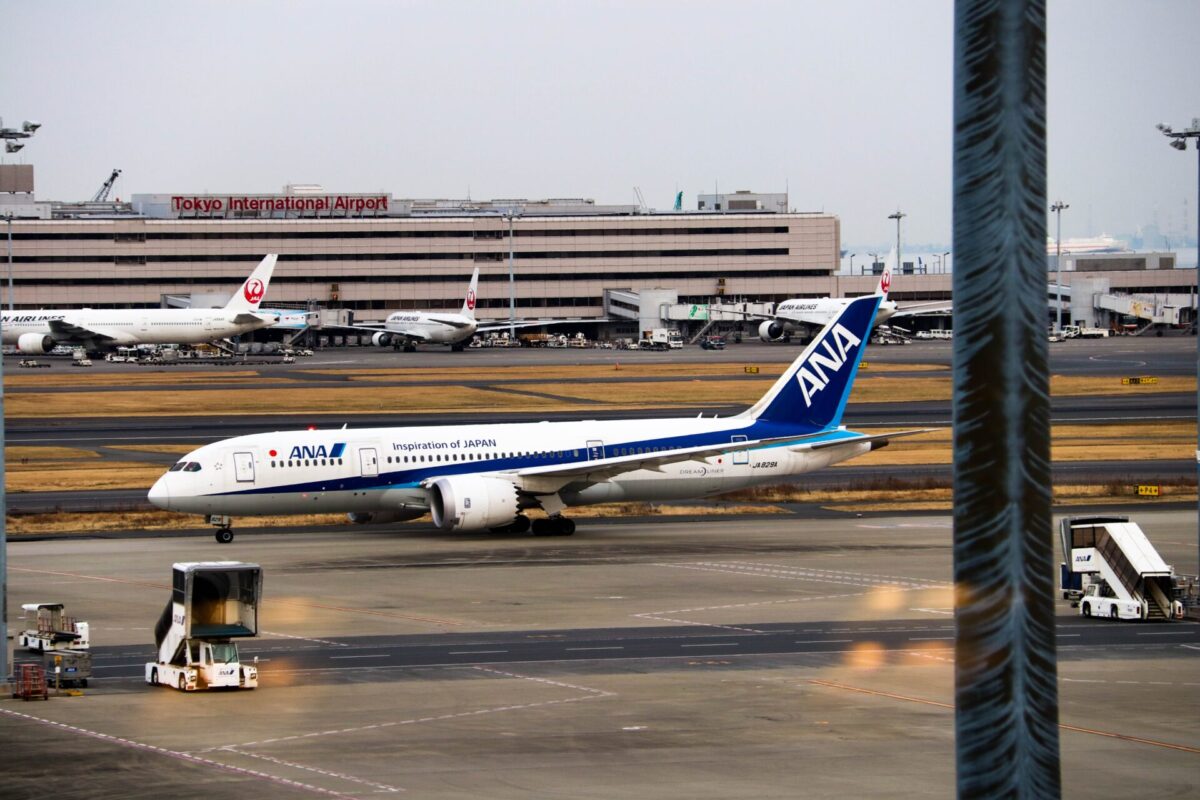
When is the Best Time to Move to Japan?
In Japan, the school and company’s fiscal year starts from April, so January to early April is the peak season of moving. June to August will be less competitive in terms of finding good apartments. If you need to order movers in Japan, the cost is relatively higher during the peak season.
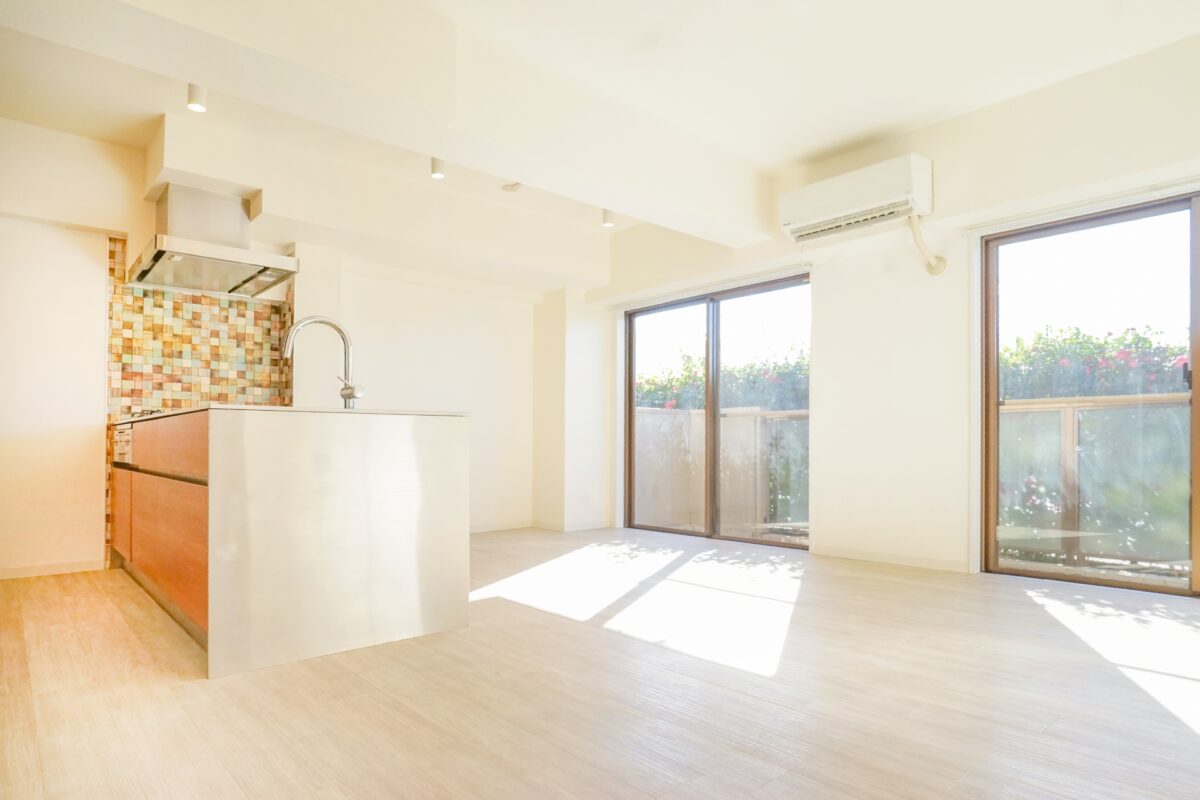
Finding a New Home
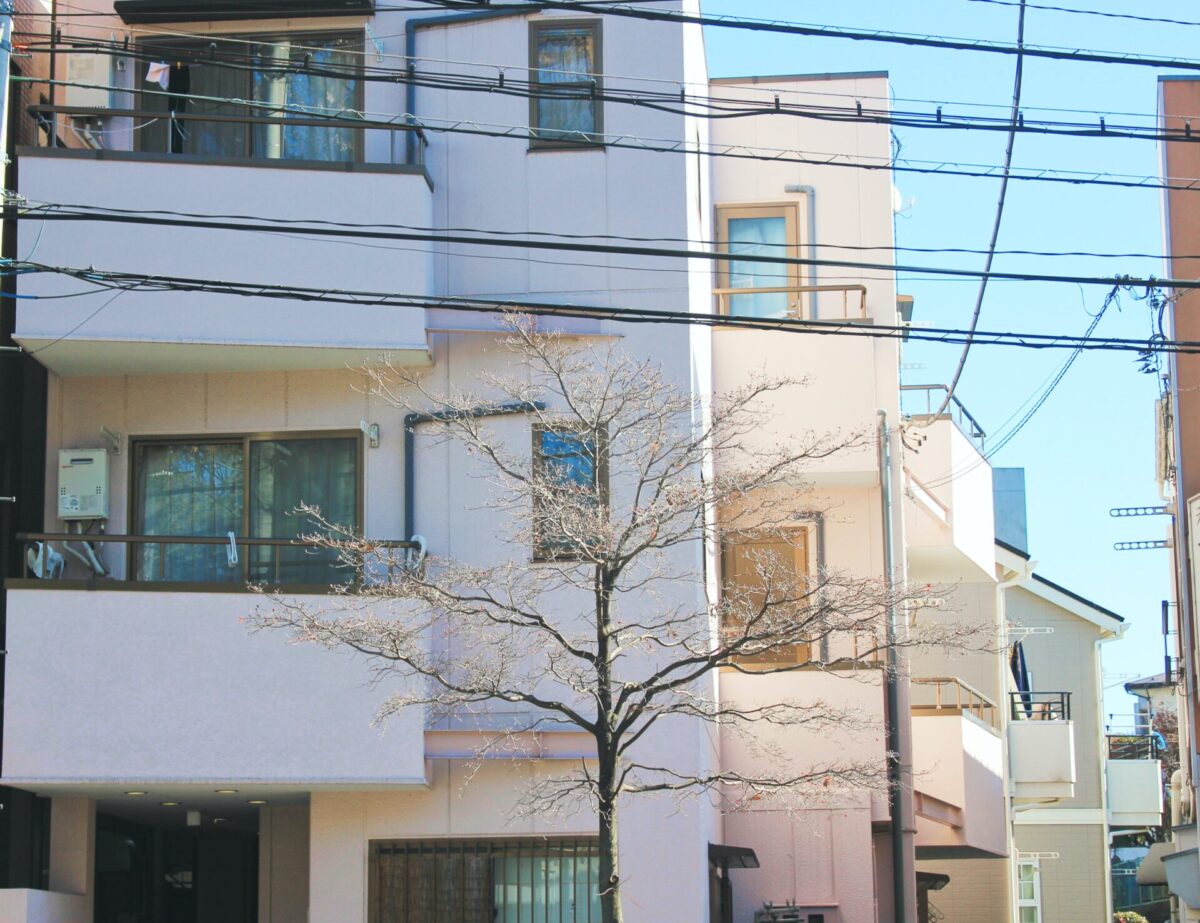
If you are going to live in a big city like Tokyo, finding an apartment is easier than you think. There are some foreigner-friendly English speaking real estate agencies available as well as websites such as Living Japan that help you find a new home. In Tokyo the rent is quite expensive compared with the other areas. The average monthly rent in Tokyo is about 76,000 yen, whereas 50,000 yen in Kyoto and 45,000 yen in Fukuoka.
If you don’t mind sharing the apartment, you can look for a shared house that saves you a lot of money. You can get a small room for yourself with a shared kitchen and bathroom. If you are a student or it’s your first time living in Japan, starting off with a shared house is a pretty good idea since you can make some friends and get some tips for living in Japan like locals.
▶How to rent an apartment in Japan
The best areas to live in Tokyo
Rent in Tokyo is relatively expensive, especially in the center of Tokyo. If you want to find an apartment at a lower cost, try to find a place in the west or north area of Tokyo.
Tokyo consists of 62 cities that include 23 special wards. These special wards are what you’d picture as Tokyo such as Shibuya and Shinjuku, and if you can avoid the popular wards, the rent is relatively cheap. Among the 23 special wards, you can find cheaper apartments in Katsushika Ward, Adachi Ward, Edogawa Ward and Kita Ward (58,000 – 70,000 yen/ month for 1R). Outside of the 23 wards, Chofu City, Machida City and Tachikawa City are easily accessible to the central Toko but you can still find cheaper apartments (52,000 – 56,000 yen/ month for 1R).
But if you live too far from the city and you still have to commute, it might be better to live within the central part of the city. Weigh the pros and cons thinking of not only the rent of the month but also the total transportation cost and traveling time of everyday.
Ebisu, Nakameguro, Ikebukuro and Nakano are some of the most popular areas to live in Tokyo for expats. Especially around the Shibuya area like Ebisu and Hiroo where some embassies of different countries are located, you may find more expats and more international schools and stores in the neighborhood.
Plan the Must-Dos for your First Days in Japan
Set up utilities
When you decide on your apartment, set up utilities before the moving day. You can sign up on the internet or on the phone. You can choose from several providers for the electricity and gas, but the availability in English is quite limited. TEPCO is one of the popular providers and you can apply for both electricity and gas. For water, you’ll need to apply for the city’s waterworks bureau where you’re moving. In Tokyo, you can apply to start using water on the English website here.
Going to the ward office
Within the first 14 days of moving in, certain business has to be taken care of. The very first thing to take care of after arrival is getting registered at the municipal office of your ward. Without doing that first, you, for example, can’t open up a bank account. It is a good idea to bring someone with you who can speak and read Japanese, but there is often a helpful clerk who will help you fill out the necessary documents with Google Translate. You can arrange your health insurance in the same visit if you need public health insurance.
Opening a bank account
Your next stop should be the bank. If you don’t have a job lined up yet, JP Bank will be your best bet as they accept anyone with a longer term visa also if you don’t speak Japanese. You can always open up a second bank account at a different bank after you get a job, because JP Bank doesn’t offer credit cards.
Getting your international driver’s license
If you want to drive in Japan, you should have an international license or translation of your license (depending on which country you are from) if you are planning to stay less than a year. If you are planning to stay longer, make sure to get a Japanese license. If you are lucky, you can get one without having to take a driving test. Read this article for more information about driving in Japan.
Getting an IC card for the public transportation
If you are planning on using public transportation in Tokyo, get an IC card such as PASMO or Suica card right after you arrive at the airport. This will make traveling by public transportation a breeze.
Understand the School Systems in Japan
If you are moving to Japan with kids, it’s important to understand how the school system works in Japan. Usually both public and private schools have high educational standards. Compulsory education consists of 6 years in elementary school and 3 years in junior high school. If you choose the public school, those fees are free. For high school, the public high school’s tuition fees are based on parent’s income and much less than the private schools.
You can choose between public, private and international schools and each of them has their own pros and cons.
Plan Ahead for Japanese Holidays
Japan has 16 annual national holidays and other annual events throughout the year.
The big holidays in Japan are New Year’s Holidays, Golden Week in May and Obon Week in August. If you want to plan your trip around Japan during the holidays, you may need to start planning ahead of time since they are quite popular holidays and popular tourist attractions tend to be packed.
Learn Some Japanese
Granted, learning Japanese is not easy and will require quite a lot of study hours and practice, but it is very much worth the effort. In Japan, many people don’t speak English at all and many who do speak basic English are too shy to use it. That means that you will need some Japanese just to do your daily things. If you are planning to stay more than a few years, you will need it when you go to the doctor’s office or if you have to deal with any kind of official business. Plus, your social life will definitely become richer because of it!

The best way to learn Japanese is also the most expensive way, and that is to go to a serious language school full-time for a while. Learning some Japanese before you come is always a good idea, and after you land you can continue. There are many great language schools in Japan’s larger cities, and another great option is going to the low-cost or even free classes that are offered in most municipal ward offices. It is a great opportunity to meet people too who are in a similar situation as you, and many people end up making friends there.
▶Go! Go! Nihon Japanese Crash Course
▶Akamonkai 12-Week Beginner Course
As reading will take time to learn with around 2,000 basic kanji to study before you can read like an adult, you may want to download a good translation app before you go. There is no shame in checking what kind of meat you are buying in the supermarket! The free Google Translate app is always helpful, and if you want to translate Japanese text online you can use the free website Deepl.
Get to Know the Prefectures
Of course, one of the best things about moving to Japan for an extended period of time is the opportunity to extensively travel around the country. Where most tourists only have a few weeks to try and squeeze in as much as they can, you can take your time and take many day trips, weekend trips, and longer trips without your departure date looming ever closer. And there is so much to see here!
Wild nature in Hokkaido, endless coastlines in Tohoku, highlights like Kyoto, Hiroshima, and Takayama in the middle and south of Honshu, a pilgrimage in Shikoku or Wakayama, unique natural beauty and onsen in Kyushu, and a beach holiday in Okinawa. These are just some examples, and a lifetime is not enough to see it all.
Make it a thing to cross off places from your bucket list at least once per month, as you will definitely regret it if you live in Japan and don’t grab the chance to travel around and see all that Japan has to offer. While you can’t take advantage of the JR Pass like tourists can, there are other great discount programs such as Seishun 18 available for all Japan residents.
Learn about Natural Hazards
As you are probably aware, parts of Japan are prone to natural disasters like earthquakes, volcanic eruptions, typhoons, and floods. While there is no need to panic even before your plane touches down in Japan, it is good to be aware of the procedures during a disaster or after a disaster happens. You may also want to look for an apartment or house that is not in a flood hazard area or that was not built to withstand multiple heavy earthquakes.
The Tokyo government has prepared a manual in English that is easy to understand and explains well what you can do to minimize the impact a disaster would have on you and your family. We recommend you to read this before you come to Japan, and to make sure where the disaster evacuation areas are in the neighborhood you are going to be living in.
Meet Online Friends in Japan
Nowadays, things are so much easier when it comes to getting to know people from all over the world compared to how it was when we still depended on snail mail. So why not try to make some friends in Japan online before you actually move there? It feels a lot better moving somewhere new when you already have a few meetings with new friends lined up. Many Japanese people are interested in language exchange where you teach them your native language or English, and they teach you Japanese.
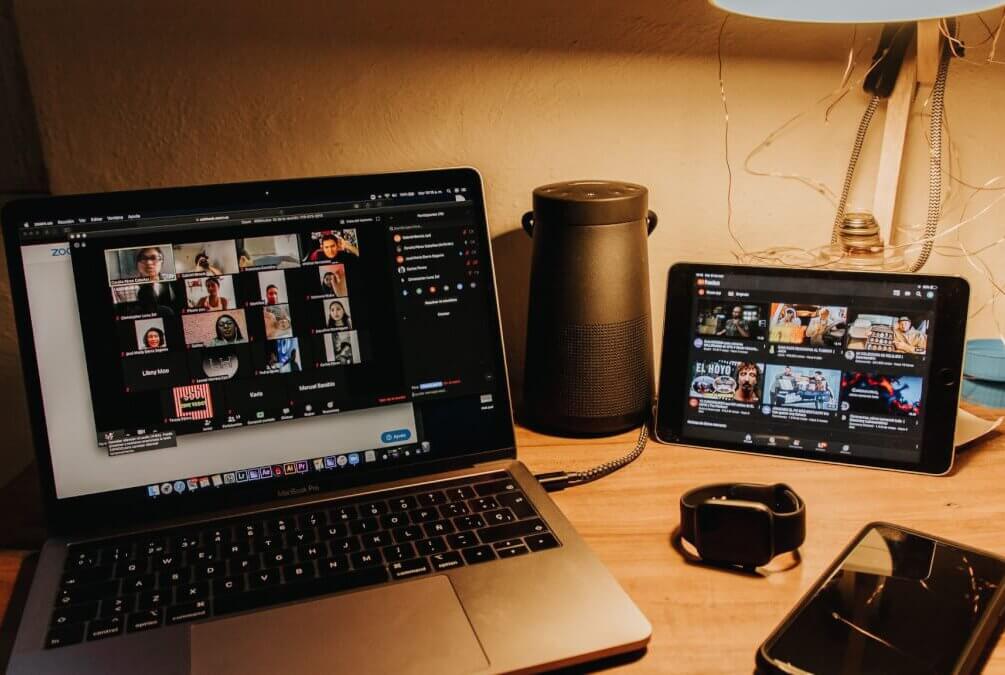
You can also focus on people who are in the same boat as you and moved to Japan (recently) from abroad, as it can be easier to connect with people who go through a similar experience and with whom you can discover Japan together. Or even better, why not try meeting a few Japanese people and some fellow expats? With different friends you can talk about and have different experiences, which can only enrich your Japan adventure.
Learn about Japan before Coming
Japan is rich in culture and traditions. Understanding the country begins with learning its history and culture. Reading books before coming to Japan is a good idea, but we also have an article that covers everything you need to know. It includes history, both traditional and pop culture, religions, festivals and customs.
After Arriving in Japan
One of the best things to do just after you arrive in Japan, also for long-termers, is to do a private tour with an experienced local guide. This way, you will not only have a fun time and hear the ins and outs about Japanese culture, history, and the places you visit, but you can also ask a real insider for their best local tips. Any question you have about the area can be answered according to the latest information, and they can introduce you to everything a new local should know.
We offer private tours in Tokyo, Kyoto, Osaka and other smaller cities in Japan. Check out all our tours here: Japan Wonder Travel Tours!
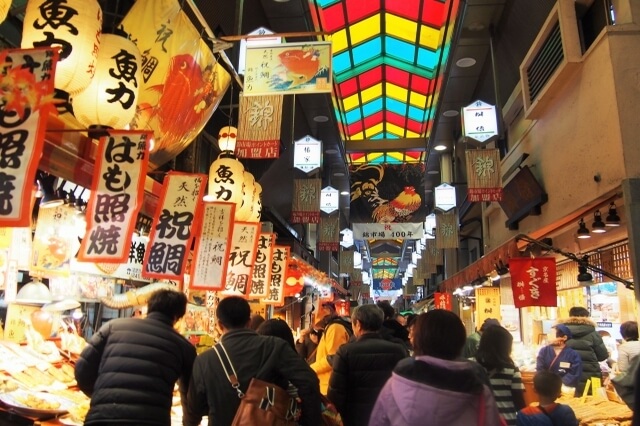
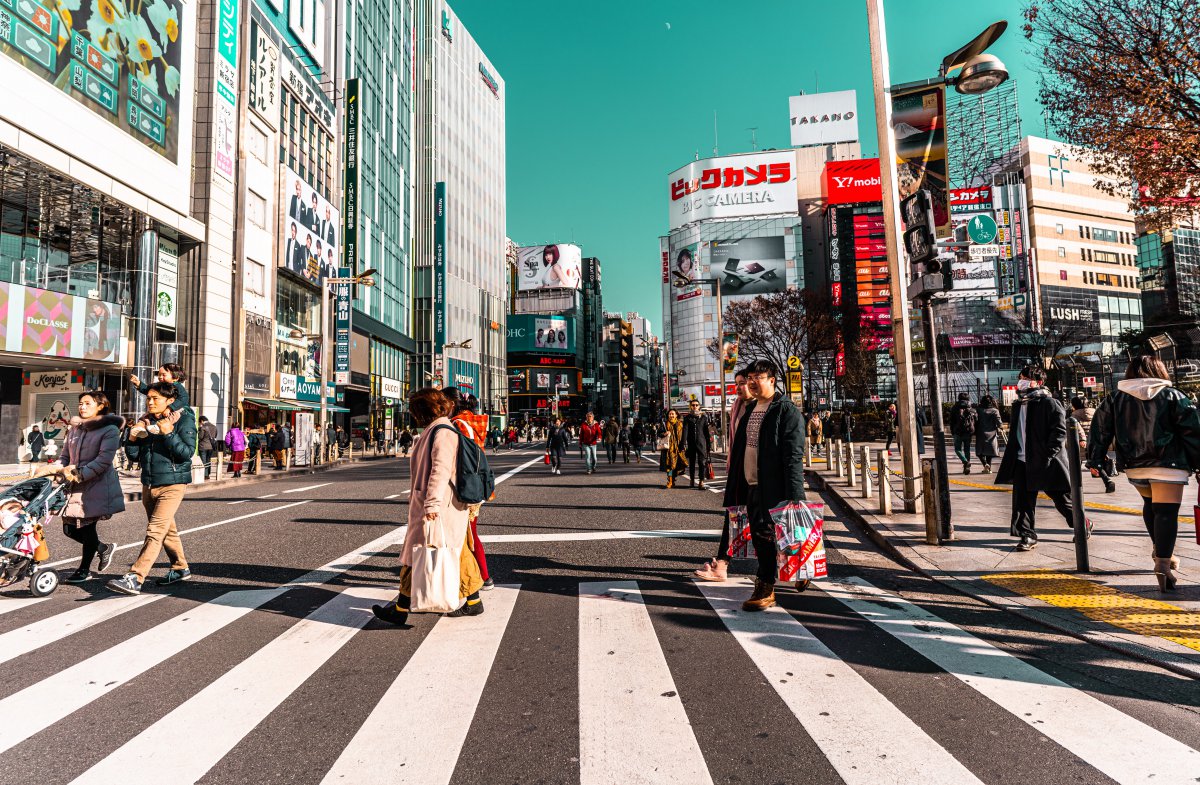
Follow us on Instagram, Facebook and Twitter for more travel inspiration. Or tag us to get featured!
Happy travelling!
Other articles you might enjoy

Stefanie Akkerman moved from the Netherlands to Japan in 2013 with her Japanese husband and son. She jumped into the niche of Dutch tour guiding in Tokyo and Kamakura in 2015 and occasionally writes articles about all the great sights and activities Japan has to offer. She loves (Japanese) food, and to work that all off she goes diving, snorkeling, cycling, or hiking.
This post may contain some affiliate links. When you click through and make a purchase we may receive some commission, at no extra costs to you.
